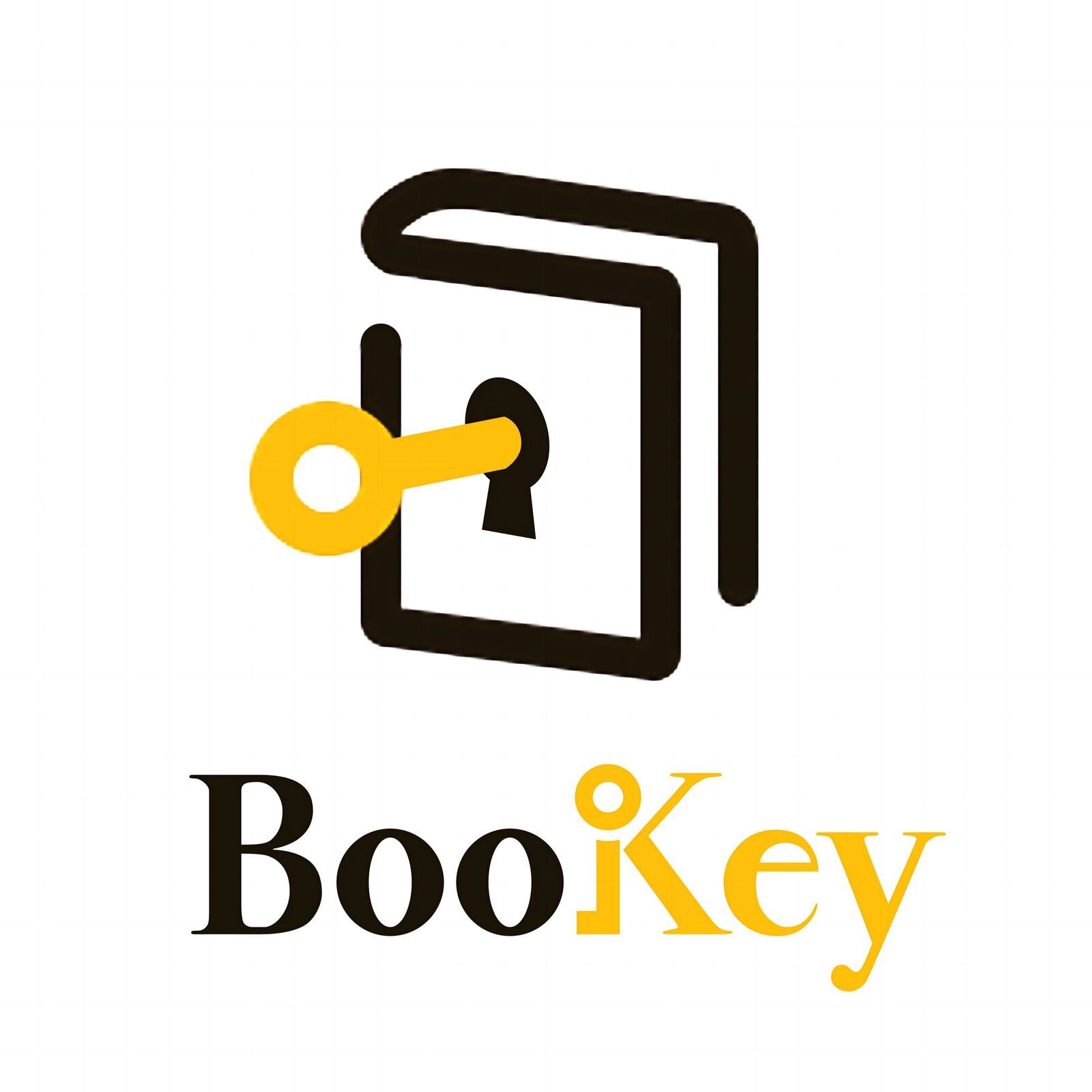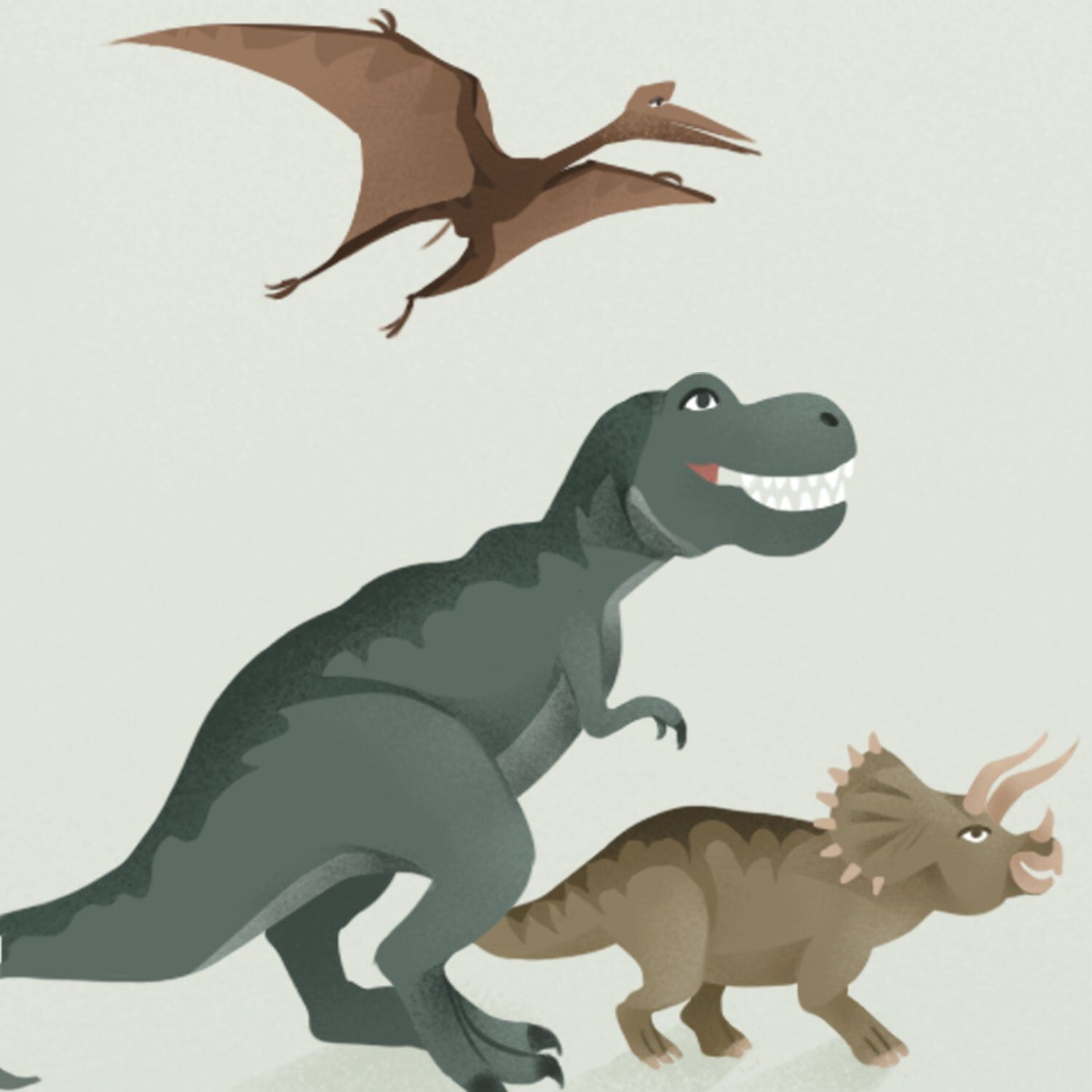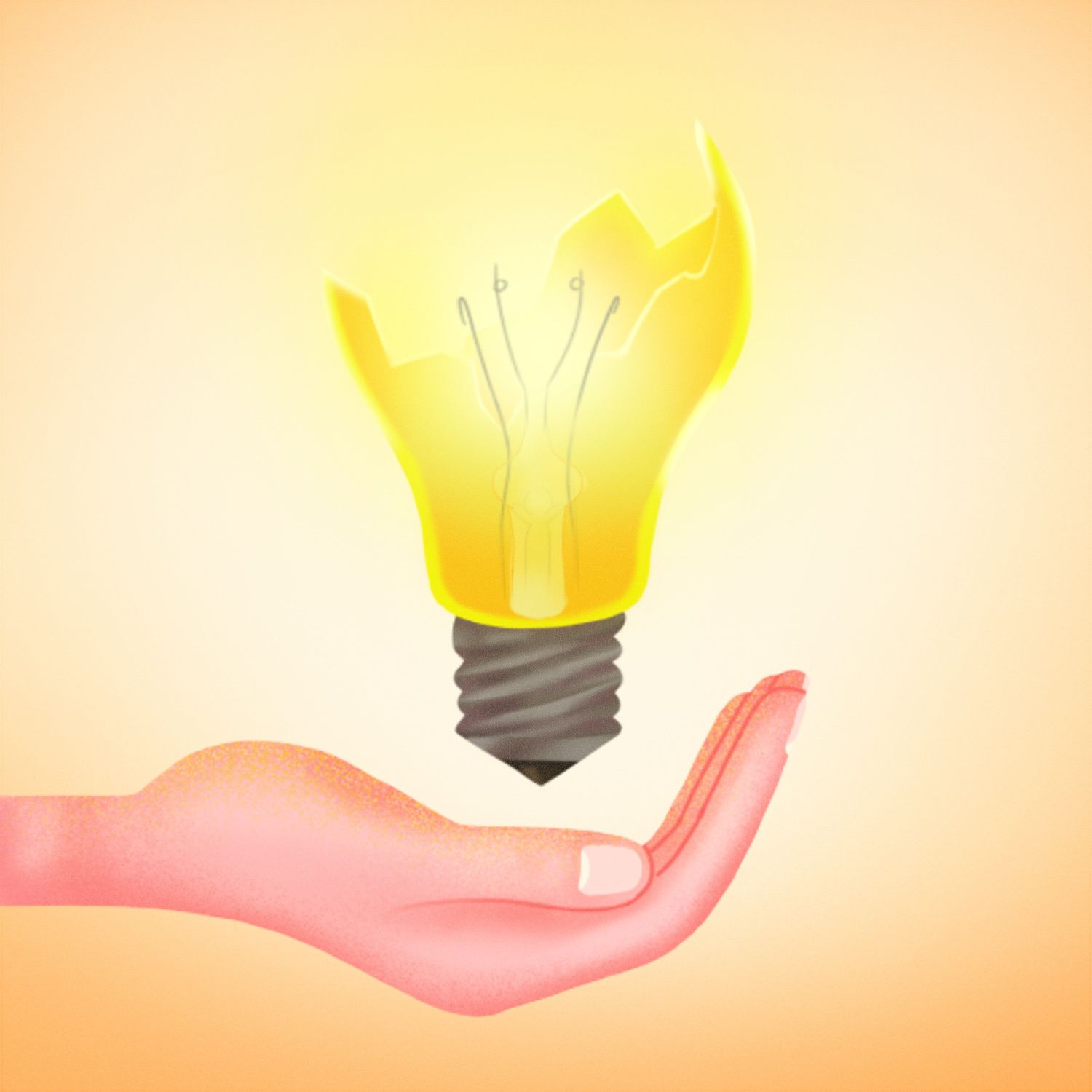The Power of Right Brain Thinking: Unlocking a Whole New Mind
Chapter 1:Summary of Full Book A whole new mind
"A Whole New Mind: Why Right-Brainers Will Rule the Future" by Daniel H. Pink is a book that examines the changing landscape of the global economy and argues that individuals with superior right-brain skills will have a significant advantage in this new era.
The book starts by explaining how the current world is transitioning from an era of Information Age to the Conceptual Age. In the Information Age, left-brain skills such as logical thinking, analysis, and linear reasoning were highly valued. However, as technology advances and certain tasks become automated, these skills are becoming less essential. Pink argues that to succeed in the future, individuals must tap into their right-brain abilities, which include creativity, empathy, and an understanding of aesthetics.
Pink identifies six essential aptitudes that individuals should cultivate in order to thrive in the Conceptual Age. These aptitudes are design, story, symphony, empathy, play, and meaning. He explores each concept in detail and provides examples of how individuals can develop these skills. For example, he suggests that design thinking should be used not only in the creation of physical products but also in solving problems and shaping experiences. Similarly, he argues that storytelling is a powerful tool for communication and persuasion, and individuals should learn to craft compelling narratives.
In addition to discussing these aptitudes, Pink also delves into the importance of right-brain thinking in various fields. He highlights how professionals in industries such as medicine, law, and business can benefit from incorporating creativity and empathy into their work. He emphasizes the increasing importance of interdisciplinary thinking and the need for individuals to be able to see the bigger picture and make connections between seemingly unrelated fields.
Overall, "A Whole New Mind" provides a compelling argument for the value of right-brain thinking in the modern world. Pink offers practical advice on how individuals can develop these skills and adapt to the changing demands of the global economy. The book serves as a wake-up call for those who have relied solely on left-brain skills and encourages a holistic approach to problem-solving and success.
Chapter 2:the meaning of Full Book A whole new mind
The book "A Whole New Mind" by Daniel H. Pink explores the significant shift occurring in the 21st century from the "Information Age" to the "Conceptual Age." Pink argues that as machines and automation take over routine and analytical tasks, skills associated with the right-brain hemisphere, such as creativity, empathy, and intuition, will become increasingly important.
Pink identifies six essential aptitudes or "senses," which he believes will be crucial for success in the Conceptual Age: design, story, symphony, empathy, play, and meaning. He explores how these senses can be developed and integrated into various aspects of life, such as education, business, and personal development.
The book highlights the need for individuals to embrace right-brain thinking and cultivate a holistic mindset that combines analytical and creative abilities. It argues that these skills are not only beneficial for personal fulfillment but are also valuable in navigating the challenges and uncertainties of the modern world.
Overall, "A Whole New Mind" encourages readers to adapt and thrive in the changing landscape by embracing creativity, empathy, and meaning-making as essential elements of a successful and fulfilling life.
Chapter 3:Full Book A whole new mind chapters
Chapter 1: Right Brain Rising
In this chapter, Pink introduces the concept of the "left-brain" and "right-brain" thinking. He argues that in the information age, left-brain abilities, such as logical thinking and analysis, have become less valuable due to technological advancements. Instead, right-brain abilities, such as creativity and empathy, are becoming more important in the new economy.
Chapter 2: Abundance, Asia, and Automation
Pink outlines three main factors that are driving the shift towards right-brain thinking: abundance, Asia, and automation. He explains how the abundance of material goods and services has made left-brain abilities less valuable, and how Asian countries are becoming major contenders in the global marketplace by emphasizing right-brain thinking. Additionally, Pink discusses how automation is taking over routine, left-brain tasks, leaving room for right-brain skills to shine.
Chapter 3: High Concept, High Touch
High concept, according to Pink, refers to the ability to create artistic and emotional beauty, as well as to detect new patterns and opportunities. High touch, on the other hand, involves empathy, understanding, and the ability to connect with others. Pink argues that these two qualities are becoming essential in a society where left-brain tasks can be easily outsourced or automated.
Chapter 4: Design
Pink explores the importance of design in the new economy. He explains that design is no longer just about aesthetics, but also about usefulness and functionality. He emphasizes that design thinking, which involves approaching problems with empathy, creativity, and integrative thinking, is a crucial skill in today's world.
Chapter 5: Story
Pink argues that storytelling is a valuable skill in the right-brain economy. He explains that stories help convey meaning, connection, and purpose. He also explores the power of storytelling in various fields such as business, education, and healthcare.
Chapter 6: Symphony
Symphony refers to the ability to synthesize information from various domains and create something new and meaningful. Pink discusses how the ability to connect the dots and see the big picture is becoming increasingly important in a complex and interconnected world.
Chapter 7: Empathy
Pink delves into the significance of empathy, describing it as the ability to understand and share the feelings of others. He argues that empathy is crucial for building meaningful relationships, solving complex problems, and making a positive impact in the world.
Chapter 8: Play
In this chapter, Pink explores the role of play in fostering creativity and innovation. He argues that playfulness allows individuals to explore new ideas, take risks, and think outside the box. Play, Pink believes, is not just for children, but a vital aspect of adult life as well.
Chapter 9: Meaning
Pink concludes the book by discussing the importance of finding meaning and purpose in one's work and life. He argues that in the right-brain era, people need to find intrinsic motivation and meaning in what they do in order to succeed and find fulfillment.
Overall, "A Whole New Mind" presents a thought-provoking argument for the increasing importance of right-brain skills in our rapidly changing world, and offers practical insights and tools for developing these skills in order to thrive in the new economy.
Chapter 4: 10 Quotes From Full Book A whole new mind
1. "The era of 'left brain' dominance, and the Information Age that it engendered, are giving way to a new world in which 'right brain' qualities – inventiveness, empathy, and meaning – predominate."
2. "Solving problems using logic and analysis is not enough anymore – the future belongs to those who can think creatively and meaningfully."
3. "Design, story, symphony, empathy, play, and meaning – these are the six essential aptitudes of the new conceptual age."
4. "Abundance has satisfied, and even over-satisfied, the left brain's desire for information, leaving us yearning for the right brain's deepest desires: beauty, meaning, and personal fulfillment."
5. "While knowledge used to be power, it is now a commodity. What sets individuals apart is their ability to transcend mere information and use it in imaginative, purposeful ways."
6. "Mastering the ability to see beyond surfaces and understand underlying patterns is the key to standing out in a highly automated and competitive world."
7. "The age of automation calls for individuals who can bring their whole selves to work – people who can combine technical skills with emotional and social intelligence."
8. "Rational thinking isn't enough to solve the complex problems of today – we need individuals who can think holistically and creatively."
9. "The future belongs to creators and empathizers – those who can bring beauty, meaning, and connection to a world dominated by technology."
10. "It’s not just about surviving the future, but about thriving in it – embracing our right brain aptitudes is crucial for personal and professional success."
 Sign in
Sign in Sign in
Sign in Sign in
Sign in

















































